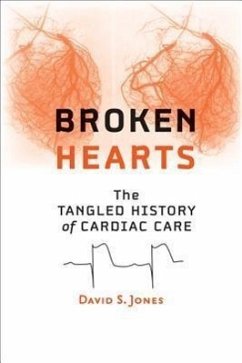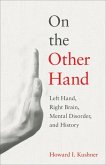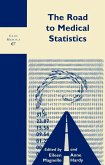Still the leading cause of death worldwide, heart disease challenges researchers, clinicians, and patients alike. Each day, thousands of patients and their doctors make decisions about coronary angioplasty and bypass surgery. David S. Jones sheds light on the nature and quality of those decisions. Why do doctors and patients overestimate the effectiveness and underestimate the dangers of medical interventions, especially when doing so may lead to the overuse of medical therapies? To answer this question, Jones explores the history of cardiology and cardiac surgery in the United States and probes the ambiguities and inconsistencies in medical decision making. "Wide-ranging, full of interesting and telling historical details, steadily paced yet thorough in its making sense of complex medicine, Broken Hearts exposes cardiac care as neither mundane nor settled."--Sociology of Health and Illness "A surprising and sobering book. David Jones combines rigorous research with a clear narrative style to produce a very persuasive historical analysis. I heartily recommend that physicians read Broken Hearts to benefit from a dose of detective work, a dose of insight, and a good dose of humility."--The Pharos "Jones presents a different and refreshing take on the challenges before us. He provides more questions than answers, but this is all to the good. Unless we pose the proper questions we cannot ever hope to obtain the right answers."--Bulletin of the History of Medicine "Jones asks us to embrace the complexity of medical decision making, to recognize medical research gains and gaps, and to acknowledge the social values and priorities that shape our present scenario. Difficult decisions in medicine remain, but perhaps Jones's book will contribute to more judicious ones."--Technology and Culture "Jones's larger point is a meditation on how we understand and misunderstand medical knowledge."--Health Affairs








